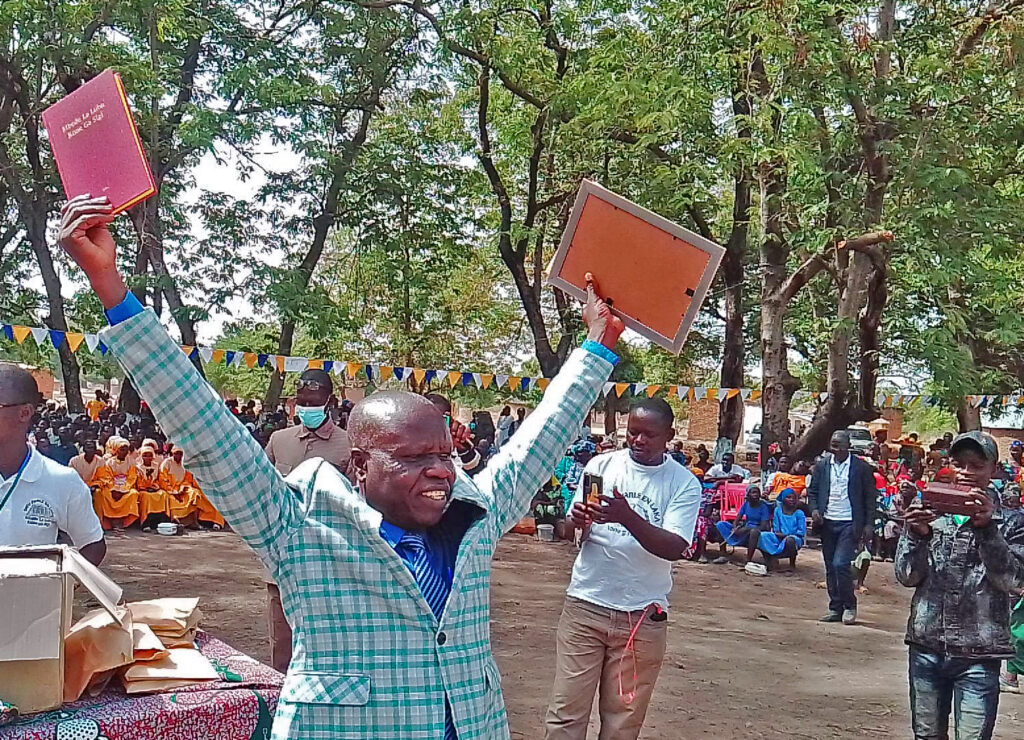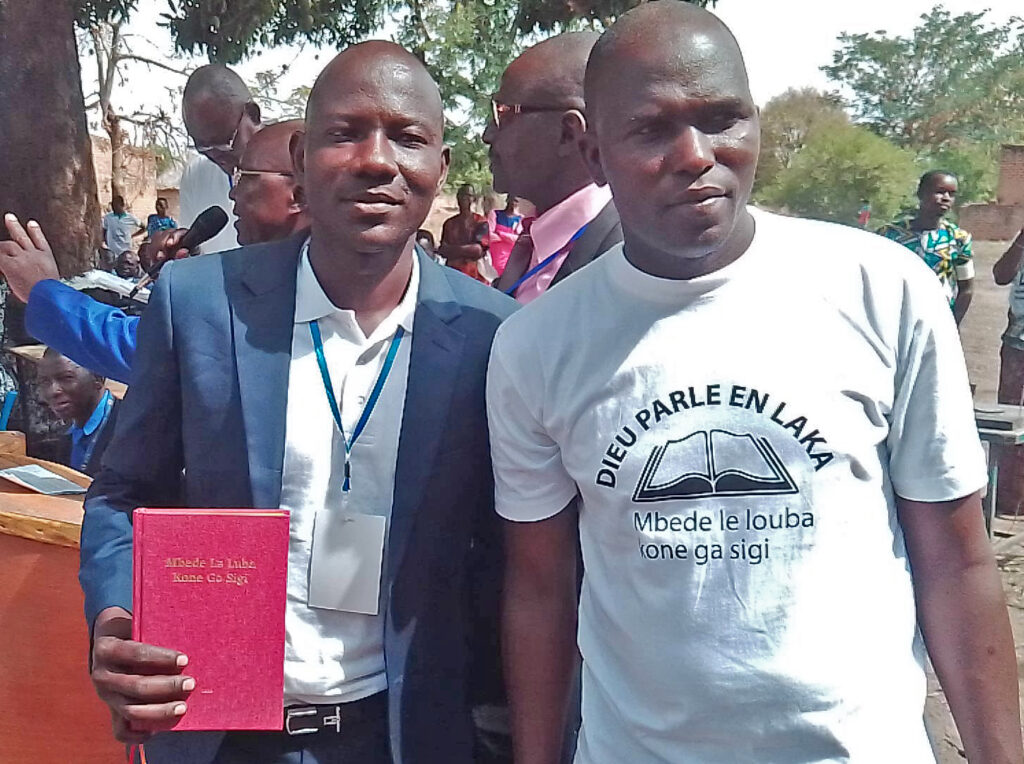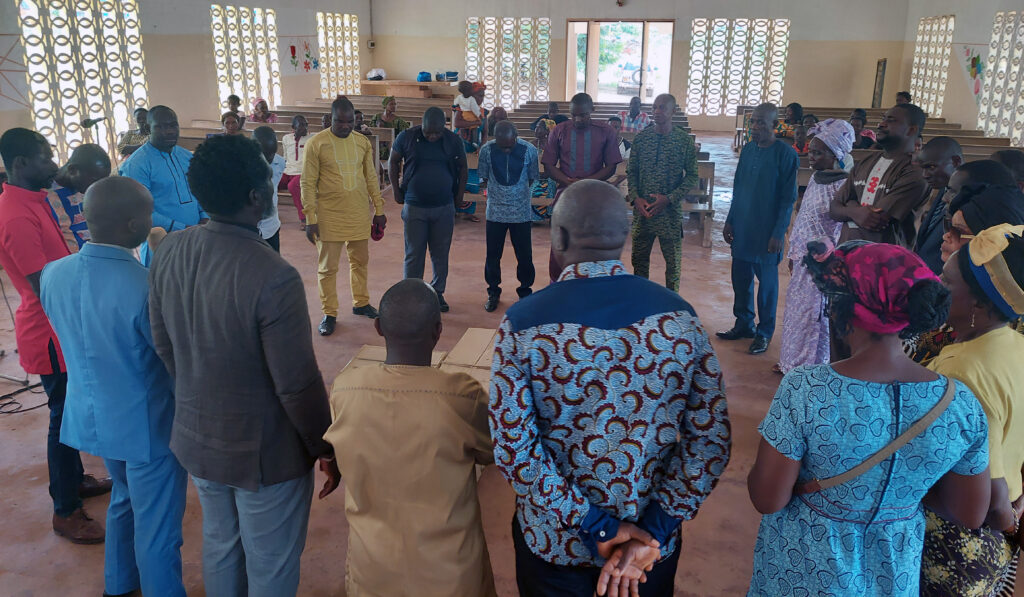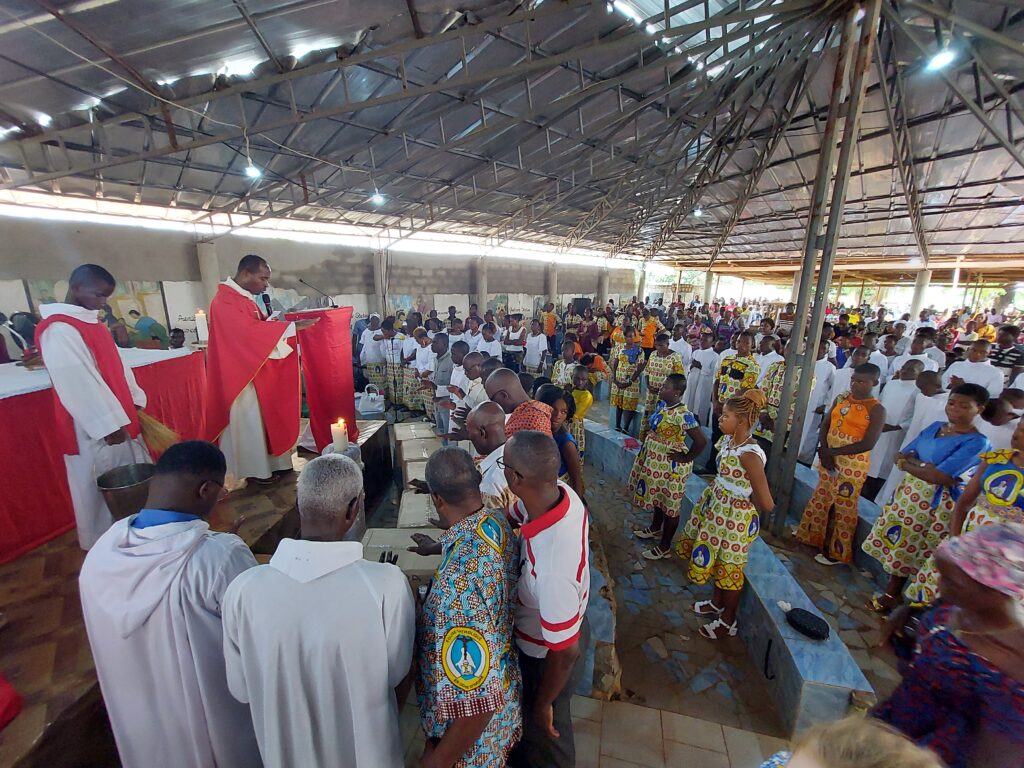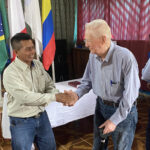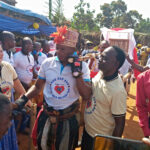Celebrating 75 Years: Change, Change, and More Change
We continue our series on praising God for using JAARS these last 75 years. Read here about how we celebrated at the JAARS base, or read about our early work in South America here.
The Early Days
We join our partner SIL Cameroon Aviation (now Transportation) in celebrating 50 years of service in that beautiful country!
The first JAARS aircraft and pilot, Ron Gluck, arrived in Cameroon on April 12, 1973. Ever since then, aircraft have been flown by JAARS-trained pilots in Cameroon, though the program has changed many times. “There have been different times when we’ve had different needs,” Dennis Freeland, former SIL Cameroon manager, said.
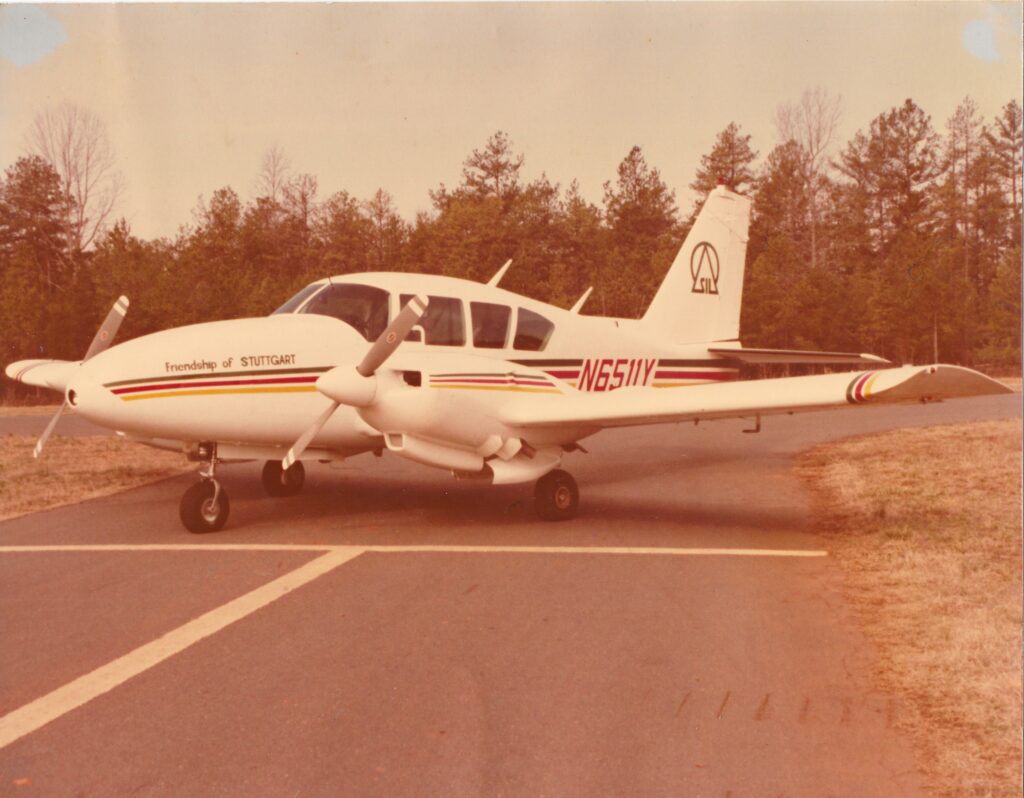
Although the aviation program has changed over time, its purpose never has: “SIL Aviation exists to serve organizations that are working to translate and share God’s Word in Central Africa … providing transportation and logistical resources to help meet the spiritual, physical, and educational needs of local people.”
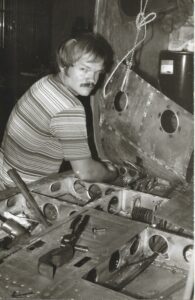
And where there are airplanes, there are also radio technicians, at least there were in the early days. Phil Baer, the first radio technician and computer operator serving with JAARS in Africa, arrived with his wife, Sarah, in Cameroon in 1975. Phil’s job was to set up a radio communication system so that the people in the city could talk to Bible translators in the villages. Government regulations prevented the installation of the system, so instead, Phil maintained aircraft radios and systems and trained Cameroonian workers in the repair shop.
Years later, when Dennis, a pilot-mechanic, arrived in Cameroon, SIL flew frequently for the mission high school. “We would fly kids back and forth to their families. I flew to four or five different countries every school break to take the [kids home]. We also were doing a lot of flying for Central African Republic (CAR) for the Norwegians, the Swedish Baptist mission workers, and different missions working in CAR. We would fly to both Congos, Chad, and Equatorial Guinea.”
As time went on, different political situations forced mission workers to leave some of those countries, and there’s now less opportunity for families to live in remote areas.
The flying that SIL Cameroon Aviation does has changed. Currently, because of insecurity, a lot of areas are unsafe. Instead of flying mostly into remote airstrips, pilots fly people long distances from good runway to good runway. “The needs changed,” Dennis explained, “and we’ve had to change the type of flying that we’ve done.”
A New Use for the Helicopter
The R66 helicopter serving in Cameroon was originally deployed to work in the Northwest region, home to a multitude of remote mountain villages that are hard to access. Due to the current political situation in that area, SIL Cameroon Aviation had to move the helicopter to the capital, Yaoundé. Its usage has decreased, but according to Mark Spangler, a JAARS-trained helicopter pilot-mechanic in Cameroon, “we still want to honor our partnerships with local partners who still want to use us. So for the last five years, we’ve been looking at ways that we can support Bible translation and our local partners.”
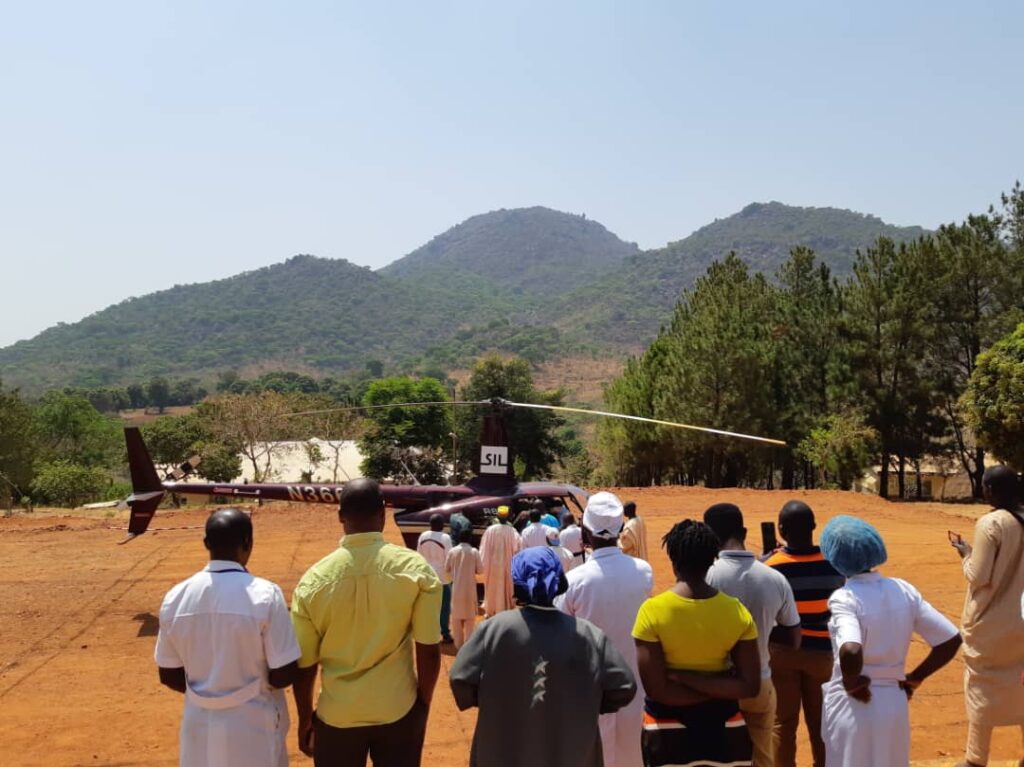
SIL Cameroon Aviation serves a local Christian association that reaches out to local church denominations that have health boards and hospitals. SIL uses the helicopter and aircraft to go to remote villages, collect their injured and sick, and take them to a higher level of care so that the health professionals can improve their health: both physical and spiritual.
“This association and these partnerships allow us to get to villages that we maybe wouldn’t normally go to—either the translation work hasn’t been done in a while, or it’s getting stagnant,” Mark explained. “But by meeting some of these physical needs, it encourages the local church and the local Christians that we do care, and that we care about their people, and we want them to get healthy.”
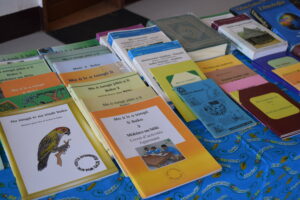
The pilots are able to share SD cards* that contain the people’s Scripture or sometimes the JESUS film—resources that these people wouldn’t normally get. “That’s the type of work we’re trying to do with both our helicopter and our airplane,” Mark said.
In the last few months, the pilots were able to serve a local Cameroon hospital for a week. Each day, the helicopter picked up doctors and staff members from the hospital and took them to a different remote village to hold an all-day clinic. This helped the people get the medicine and care that they needed. Then the helicopter brought the medical personnel back to the hospital that night, to go somewhere else the next day.
During that trip, the pilots went with a team to a village to show the JESUS film, which had a great impact! “The village leaders were very encouraged and are asking for the hospital to help with the church, and they want more Bibles,” Mark said. “It was a great impact that we wouldn’t normally be able to make without the helicopter.”
Thinking Creatively
Throughout the changes and challenges that our co-laborers in Cameroon have faced, God has used JAARS to help ease their burdens and reduce the barriers that stand in their way of sharing the gospel.
“When [we] couldn’t get fuel, JAARS helped,” Dennis said. For years, JAARS put fuel in barrels and shipped it to Cameroon: 78 barrels in a 20—foot container. “JAARS has done it many times for us to keep us flying year after year when we couldn’t buy the fuel locally.”
A couple of years ago, SIL Cameroon was no longer able to import that fuel. So the organization had to again change the way that it deals with fuel. “We now have two aircraft that operates on fuel that we can buy locally—the same fuel that is used in the airliners, which is another change that we’ve had to adapt to over the years,” Dennis said.
To better meet the needs of those it serves, SIL Cameroon Aviation is morphing from an aviation department to a broader department that includes all forms of transportation. They’ve seen that the needs go beyond just having air transportation.
People take unnecessary risks over roads or are not able to get to certain places because of a lack of equipment, lack of training, or lack of infrastructure. “So we’re changing again,” Dennis said. “We’ve become a transportation department, so not only do we offer air service, we are coordinating all of the group vehicles that the [SIL] branch has.”
SIL would like to have more vehicles to meet all its staff needs and are offering a driver to take people to remote areas. They already offer a driver, Emmanuel, for people who don’t need air service.
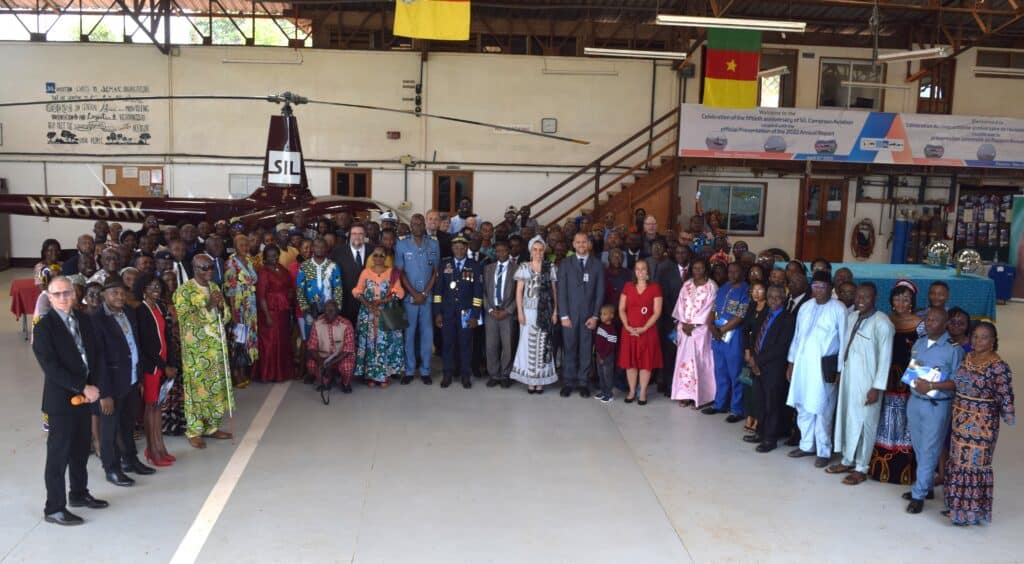
A few staff members have been trained here at JAARS in the land transportation course, and another will take the course in the coming weeks. This training will enable the SIL Cameroon Transportation staff to offer a four-wheel drive and motorcycle course to the Africans and other mission workers in the Bible translation movement in Cameroon and elsewhere. “A lot of training happens in Cameroon,” Dennis explained. “Different countries in the region send people to Cameroon for linguistic or translation courses, which is an opportunity to offer that training for land transportation while those people are here.”
JAARS also has helped subsidize flights for national translators who can’t afford to fly. “Over the course of one year, one of the translation projects was a month ahead of where they were going to be just because of using the airplane for the national translators,” Dennis recalled. “JAARS has been a huge help in that. When they found out about it, they said, ‘We will help by giving subsidies to cover some of the costs of moving those translators back and forth from their language project to the training or the consultants that they need to be with.’”
Dennis expressed his appreciation for JAARS and all of you who give and/or pray: “Thank you for your investment in allowing us to continue to serve here in Cameroon and reach the people in all of Central Africa who don’t have God’s Word in their heart language.”
At JAARS, we are excited to ease the burdens of our brothers and sisters in Cameroon, perhaps in new ways, as they seek the Lord’s leading and follow him into broader realms of service.
Give now to Aviation Solutions to ease the burdens and reduce some of these barriers for our co-laborers in Cameroon and elsewhere!
* A small electronic storage device



























































